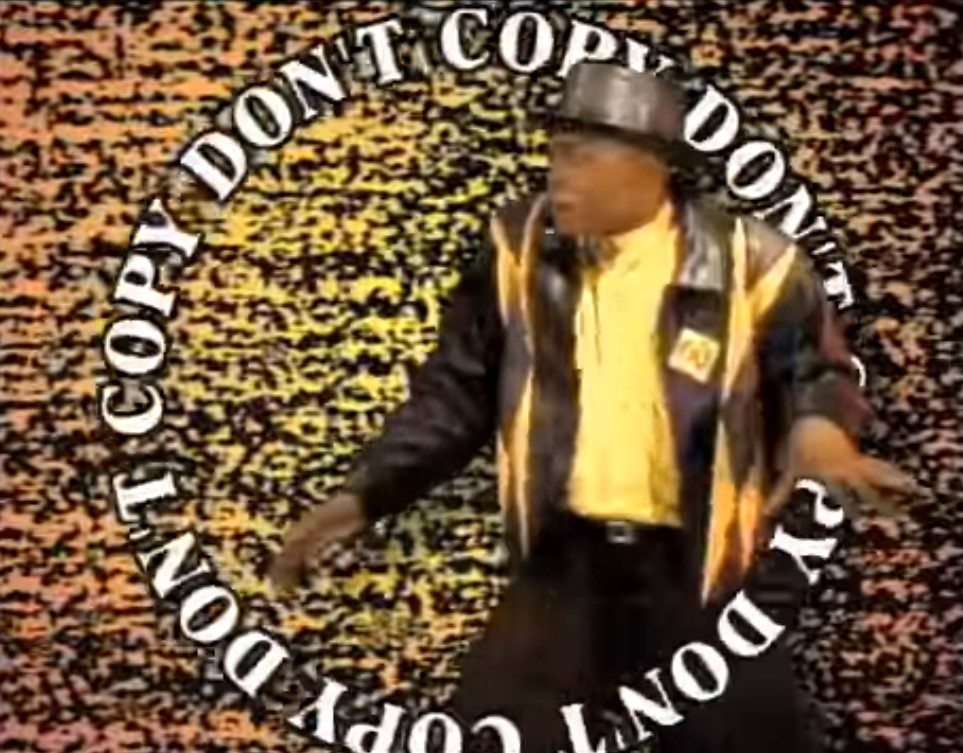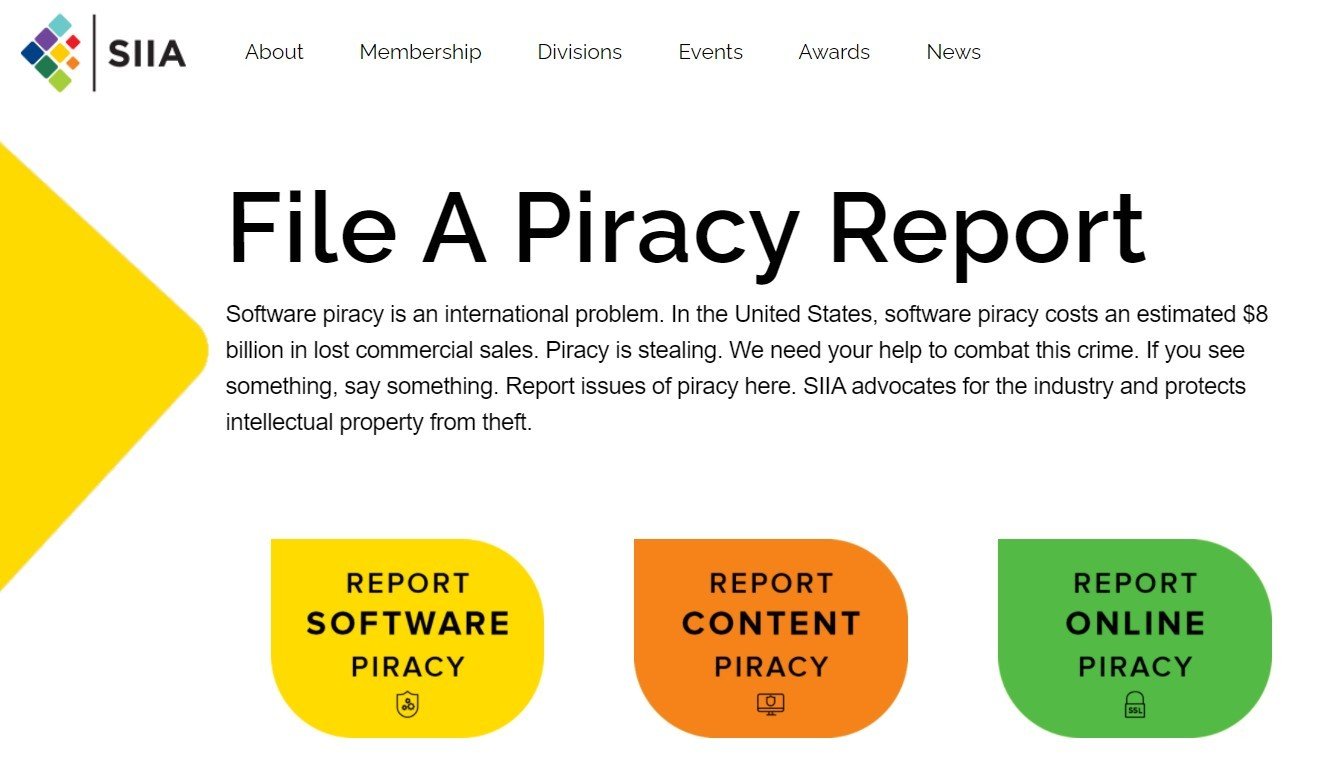In the early nineties, software companies already realized that piracy posed a major threat to their business.
Computers became more popular and millions of people broke the law by copying floppies, without the permission of copyright holders.
Don’t Copy That Floppy
This illicit activity was a thorn in the side of the Software Publishers Association. In an attempt to educate the masses, it released the “Don’t Copy That Floppy” anti-piracy campaign that’s still known to this day.
The iconic video features ME Hart, starring as “MC Double Def DP,” and two teenagers who are about to tread on the piracy path. For a variety of reasons, the video struck a nerve with an entire generation.
Today, almost thirty years later, people still refer to the campaign. The PSA has its own Wikipedia entry and became a meme by itself. It has generated millions of views on YouTube and the number is still rising.
It’s safe to say that lot has changed since “Don’t Copy That Floppy” first came out. The software industry has long abandoned floppies and nowadays most piracy takes place on the Internet. However, unauthorized copying remains a problem.
Current Anti-Piracy Focus
Despite the ‘success’ of their anti-piracy campaign three decades ago, we haven’t heard much from the Software Publishers Association recently. The industry group, currently known as the Software and Information Industry Association (SIIA), hasn’t taken any pirates or pirate services to court, as far as we know.
However, this doesn’t mean that SIIA is no longer concerned with copyright infringements. Instead of fighting casual users or pirate sites, it now focuses on corporate copyright infringement.
This week we stumbled upon the group’s rather generous “rewards” program. While this has been in place for a while, it is worth highlighting.
Report Piracy
The industry group has a special section on its website that’s dedicated to reporting piracy. According to SIIA, unauthorized copying results in an estimated $8 billion in lost sales. To address this issue, they ask the public for help.
“Piracy is stealing. We need your help to combat this crime. If you see something, say something. Report issues of piracy here. SIIA advocates for the industry and protects intellectual property from theft,” SIIA writes.
While not everyone likes the idea of ‘snitching’ on pirates, SIIA has an offer that many will find hard to refuse.
$1 Million Reward
“By reporting software piracy to SIIA you could earn up to $1,000,000,” they promise. At the same time, they offer strict confidentiality to whistleblowers.
Needless to say, this approach is quite different from the “Don’t Copy That Floppy” campaign. While rewards for reporting piracy are not new, $1,000,000 is a substantial sum of money that pales in comparison to the few hundred dollars or pounds theater employees can get.
That being said, when we look at SIIA’s fine print it becomes clear that one has to get very lucky to hit this jackpot.
For one, the reward only applies to situations where corporations use pirated software. If someone reports an issue at his or her employer, SIIA may choose to follow this up, which could ultimately lead to a settlement. The scale of this settlement will determine the award.
“If all the eligibility requirements are met and the settlement amount paid to SIIA is at least $10,000, the source will be considered for a reward of $500. SIIA may increase the reward to as much as $1,000,000 depending on the amount of piracy reported by the source and the settlement amount collected by SIIA.”
In other words, $500 is much more likely than $1,000,000, according to the terms and conditions.
More Caveats
There are several other caveats as well. For example, the rewards only apply to cases where SIIA reaches a settlement outside of court. If it goes to court, SIIA may still choose to “reimburse” the whistleblower for his or her time, but that’s not guaranteed.
In fact, even when all requirements are met, SIIA may still choose not to pay anything.
“The decision whether to pay a reward and the amount of that award shall be within SIIA’s sole discretion. SIIA reserves its right to deny the payment of a reward or to revoke the source reward program at any time and without notice and for any reason,” the terms read.
We reached out to SIIA to find out more about this program and how often the organization pays out rewards but after a few days we still haven’t heard back.
These settlements don’t reach the news very often but they are relatively common. Over the years there have been various reports of successes and several years ago, the group settled nearly a dozen cases on one month, recouping $1 million in lost revenue.
In the midst of all this serious business, SIIA didn’t completely ignore its roots. In 2009, it released a sequel to the “Don’t Copy That Floppy” campaign, titled: “Don’t Copy That 2.” Perhaps we’ll see the third installment of the PSA in the years to come?


 In the early nineties, software companies already realized that piracy posed a major threat to their business.
In the early nineties, software companies already realized that piracy posed a major threat to their business. 




